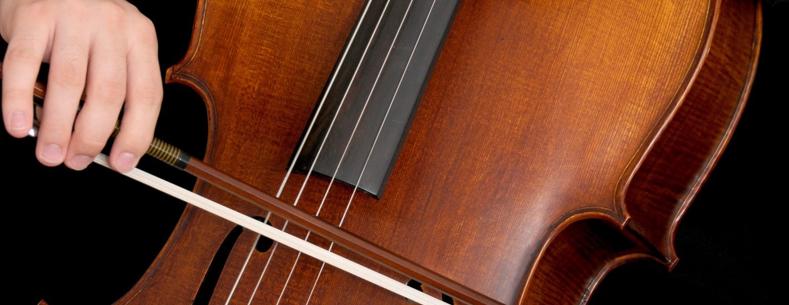For many years, there’s been widespread concern about the sustainability of local authority music services. On Tuesday (17 May 2022), Jeremy Miles, Minister for Education and Welsh Language will update the Senedd on plans for a National Music Service and National Plan for Music Education.
What is music education?
Music is already a subject in the current national curriculum and will be one of the five disciplines within the Expressive Arts Area of Learning and Experience of the new Curriculum for Wales, which is being introduced from this September This is also complemented by non-statutory, extra-curricular music provision. Extra-curricular music lessons, often given by peripatetic visiting teachers in school hours, provide opportunities for pupils to learn to play an instrument, perform, sing and compose. Pupils accessing music services in schools are the first level of Wales’ ‘pyramid’ system. Talented young musicians can progress to local and regional ensembles up to the national youth ensembles.
This music tuition has often been provided by local authority music services. But reductions in public spending and constraints on local authority budgets have placed increasing pressure on non-statutory music services with some local authorities abolishing them altogether. To fill this gap, other models have been set up to provide music tuition, such as the co-operative arrangements in Denbighshire or the charity North Wales Music Tuition. Schools may also buy services from independent providers.
The pressures faced by local authority music services have been a concern for a number of years. In 2015, the then Minister for Education, Huw Lewis established a Task and Finish Group to examine the current and future role of these services. This work identified challenges in sustaining and developing high quality music services provision and a disparity of existing provision and growing inequality of opportunity to access services. It found that access for learners was impacted by geography and significant pockets of high deprivation.
Hitting the Right Note
Between 2017 and 2018, following a public poll, based on a consultation on the Committee’s priorities, the Fifth Senedd’s Culture, Welsh Language and Communication Committee undertook an inquiry into funding for and access to music services.
In line with the Task and Finish Group’s report, the Committee found that funding pressures had led to variability of access and provision between local authorities and that the current position was “fragile and fragmented”.
The Committee made 16 recommendations. These included that the Welsh Government should transfer responsibility for the delivery of music services to an arms-length, national body with a regional delivery mechanism and that the Welsh Government should prepare a National Action Plan for Music. This would provide strategic direction from the Welsh Government to ensure consistency throughout Wales. You can read more on the Committee’s report here.
The Welsh Government accepted in principle the recommendation that there should be a national body subject to the outcome of a feasibility study.
What did the feasibility study find?
The Music Services Feasibility Study, published in January 2020, considered options for music delivery and the need for a National Plan for Music Education.
The report suggested that a National Plan could provide greater coherence and consistency and drive improvements. It could provide a reference framework for stakeholders to find the most appropriate solutions for individual aspects of the provision of music education in Wales. In its consideration of whether or not there should be a national body, the report considered five options:
- Maintaining the status quo;
- Allowing the market to determine provision;
- A strong national coordinating body run by providers;
- A regional service with a national coordinating body; and
- A national service.
The study suggested that while the first two options would require limited intervention or additional funding they would be unlikely to overcome the identified issues surrounding consistency, equity of access, sustainability of the workforce, and appropriate progression routes for talented pupils.
But it found that the latter three options would introduce “a way of pooling and providing coherence to the use of governmental funding for Music Education Services”.
Where are we now?
The Welsh Government’s Programme for Government included a commitment to establishing an National Music Service. While we do not yet know what form this will take, the Minister said in January 2022 that work has been progressed with a range of key stakeholders in developing a model. He said:
It is planned that the National Music Service will operate initially over the three-year period 2022-23 to 2024-25, with delivery of support provision to schools and settings commencing in September 2022. This is supported by an additional £3m per annum in the Welsh Government budget over this period. The National Music Service will also be supported by a National Plan for Music Education in Wales, scheduled for publication in spring 2022.
The vision for the National Music Service is to create a sustainable pathway for music education in Wales.
In December 2021, the Welsh Government announced £6.8m to support music and arts in the new curriculum. The Minister said the funding will support the Programme for Government commitment to establish a National Music Service and initially make musical instruments available to students that are less likely to already have access to them, such as those eligible for free school meals.
You can follow the Minister’s statement on Senedd.tv on 17 May 2022.
Article by Sian Hughes, Senedd Research, Welsh Parliament






